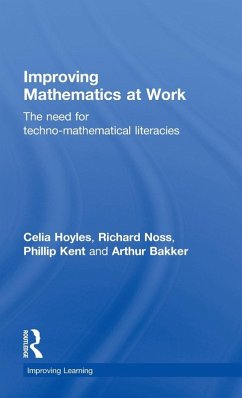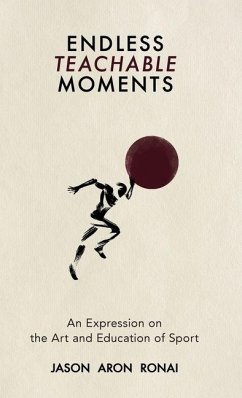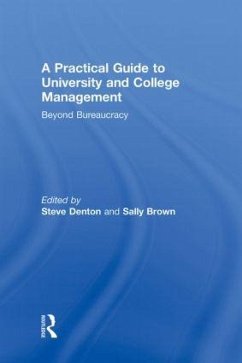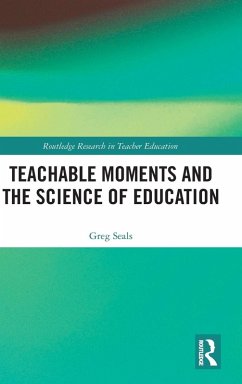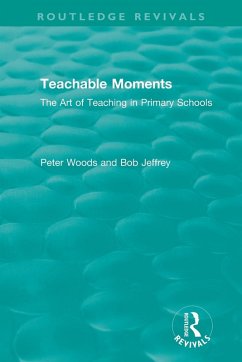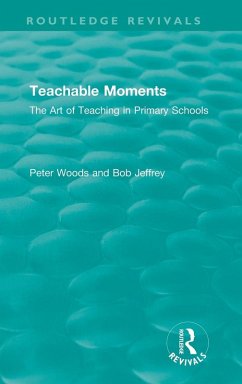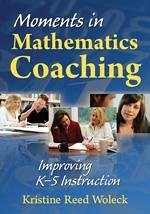
Versandkostenfrei!
Versandfertig in 1-2 Wochen

PAYBACK Punkte
17 °P sammeln!




The author unpacks specific cases or "moments" from her years as a mathematics coach, discussing what effective coaching looks like in practice, how to build relationships with teachers, and more.
Kristine Woleck is the K-5 mathematics coordinator for the New Canaan Public Schools in New Canaan, Connecticut. Prior to this position, she served as a K-8 staff developer, math coach/specialist, and mathematics consultant in both public and private schools in New York, Massachusetts, and Connecticut. She began her career as a first-grade teacher in Connecticut. Kris' graduate studies in the Bank Street College of Education Mathematics Leadership Program sparked her interest in teacher leadership in mathematics and pushed her to pursue her study of staff development and ultimately coaching. With a sixth-year diploma in educational leadership and administration from the University of Connecticut, she is interested in examining how school administrators can most effectively bring principles of coaching into their supervision of teachers. Kris has authored several articles in professional journals based on her classroom teaching experiences, coaching work, and her experience as a facilitator of online coaching seminars in conjunction with the Education Alliance at Brown University. Her work has been published in Teaching Children Mathematics, the 2001 Yearbook of the National Council of Teachers of Mathematics (NCTM), and the Journal of Staff Development. Most recently, she was selected as a 2009-2010 Classroom Teaching Fellow in the United States Department of Education Teaching Ambassador Fellowship program to include practitioner perspectives and voice in the development of educational policy.
Produktdetails
- Verlag: Corwin
- Seitenzahl: 184
- Erscheinungstermin: 9. März 2010
- Englisch
- Abmessung: 254mm x 178mm x 10mm
- Gewicht: 358g
- ISBN-13: 9781412965842
- ISBN-10: 1412965845
- Artikelnr.: 29380951
Herstellerkennzeichnung
Libri GmbH
Europaallee 1
36244 Bad Hersfeld
gpsr@libri.de
Für dieses Produkt wurde noch keine Bewertung abgegeben. Wir würden uns sehr freuen, wenn du die erste Bewertung schreibst!
Eine Bewertung schreiben
Eine Bewertung schreiben
Andere Kunden interessierten sich für




